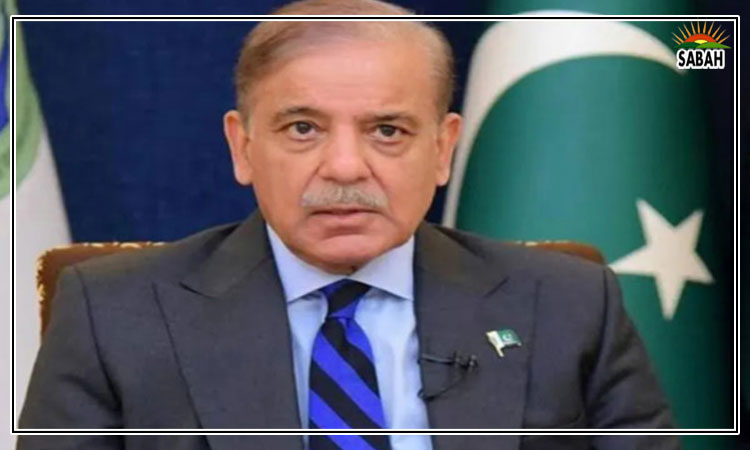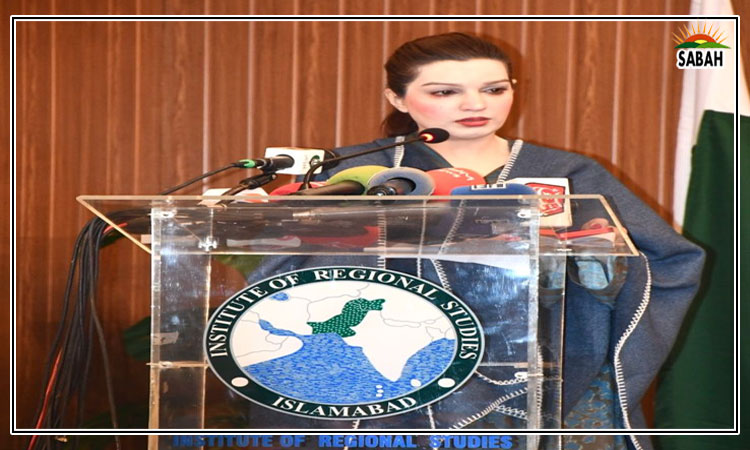Netanyahu’s dilemma ….. Dr Khaled Qaddoumi
Israel and the US witnessed an unforeseen political storm after the 213 days of the Al Aqsa Flood when Hamas okayed the last proposal put forward – after a marathon dialogue, exchange of notes, and amendments made by Qatari and Egyptian mediators. This proposal was floated with Israel’s knowledge and had the full backing of Washington.
Hamas paid due attention to the language and content of the proposal and firmly vetted the contours of serious and positive dialogue. A complete ceasefire in this serious dialogue was replaced with a sustainable truce. It also discussed phase-wise withdrawal, coupled with various other initiatives likely to be undertaken by the invading Zionist forces. The return of internally displaced persons (IDPs) to their homes and entry of aid also formed an integral part of the dialogue.
It is noteworthy that the said four points constitute the basis of the dialogue that is likely to pave the way for political settlement, prisoner swap, and relatively stable security. Ironically, this promising development was in sharp contrast with what may be termed as Netanyahu’s dilemma and the crisis-ridden Israeli leadership.
In the early hours of the next day, orders were issued by Israel to invade Rafah immediately and take control of the crossing, a move that meant more massacres on the ground, deterioration in the humanitarian situation, and more complications at the political and negotiating levels.
In the ongoing conflict, the Israeli notion of security revolves around the fact that security and safety can only be ensured after the annihilation and destruction of the other party. Consequently, the self-centered doctrine of arrogant Netanyahu stipulates that Israeli society can only be protected after Palestinian people and their homes are reduced to rubble. A couple of days ago, Israeli society provided empirical testimony to this fact when their majority voted in favour of the siege of Rafah, notwithstanding its humanitarian ramifications for the Palestinians.
In other words, Zionist society resorted to the formula of securing its demands by shedding more Palestinian blood. This mentality, on the one hand, exacerbates Netanyahu’s hostile feelings and sentiments, and on the other hand, puts him in a real dilemma in his failure to resolve the conflict militarily.
Even with American support during the past seven months Netanyahu could neither succeed in eradicating Hamas nor the resistance. Some influential circles in American decision-making structures still believe that Hamas will be obliged to remain a weak faction within the Palestinian political arena once the war is over and its rule ends in Gaza. The torch bearers of this disastrous and wrong assessment have made miserable abortive attempts mobilizing security officers from Ramallah in failed maneuvers to enter Gaza through Rafah and using the so-called new water crossing and hiding in humanitarian aid trucks with weapons in their effort to bring Gaza under their control. Washington still promotes the idea of crushing Hamas and every US political move in Gaza is governed in light of this policy.
Talk about suspending arms to Israel seeks to diffuse the state of civil disobedience that has popped up in American universities against Israel and the American policy supporting it. The Pentagon, the National Security Council, the White House, and the US State Department have categorically expressed their commitment to Israel’s security. Even when talking about an operation in Rafah, they underscore the need for a small and limited-scale operation.
It is important to differentiate between America’s historical and decisive commitment to support and secure Israel on the one hand, and the disagreement between the Biden administration and Netanyahu on the other hand. There is a mutual agreement to annihilate people and continue to support Israel as the leader of the Western project that is exposed to the danger of the Islamic resistance project in the region.
It is not possible to imagine any peace or security initiative in the region if US foreign policy continues to be built based on “being distinct and unique” creatures on the face of the globe. Likewise, it should not be expected that the US will change the rules of American foreign policy to affect the stages of the formation of the new world.
As far as their post-war vision is concerned, it can be clarified on maps and geographically. It shows that the Gaza Strip is divided into a northern region and a southern region, separated by what is known as the Netzarim axis, a road that starts from the sea to the west and from the proposed American water crossing and heads east to the Karni crossing. The northern Gaza Strip will become a buffer zone without people, and the people of Gaza will be displaced in their country and concentrated in the south, never allowed to return to their homes.
At the same time, all land crossings are closed, including the Rafah crossing. This criminal American context seriously compromises Egyptian national security as well as the loss of Egyptian control over any border between it and Palestine, so that the water crossing becomes the only poisoned lung of Gaza, through which the invading force and mercenary forces such as Blackwater will enter. The people of Gaza will treat these multinational contractors and their humanitarian aid as invading forces. In addition, the annexation of an area along the northern, eastern, and southern borders of Gaza, a kilometer deep inside the Gaza Strip, will leave Gaza with only a limited geographical area on which a fence can be placed so that its people can be imprisoned in ‘Nazi concentration camps’. These plans are bound to fail. Such nefarious designs failed in Iraq as well as Afghanistan.
‘Everyone hates Netanyahu, but everyone cannot do without him’ – this is perhaps the most appropriate way to define Netanyahu’s dilemma. He is the last king of Israel. In one of his election campaigns, he disclosed his concern that Israel, which is cursed in the Bible with what was called the curse of the eighth decade, may not survive beyond eighty years of its creation. None among the ruling coalition in Israel endorse the political ideas of Netanyahu, but they all see him as their political saviour. He is a corrupt person who is good at the art of survival and leans on the leadership gap that Israel is suffering from.
None other than the families of the victims and families of the martyrs can determine the fate of post-war Gaza. No one else is allowed to take this right from them. The American administration must find a radical solution to Netanyahu’s dilemma. Netanyahu has lost, and the delay in removing him from power multiplies the depth of the humanitarian crisis. Buying more time to keep him in power increases the US burden of the Gaza war each passing day. On the other hand, the Palestinian side is victorious despite facing pain and a humanitarian crisis.
Palestine has won the narrative war, and this is what the streets of London and New York and its universities are witnessing. Those who did not dare to speak out in the 1970s today can no longer tolerate more blackmail. Today, Jews, Christians, Muslims, etc are all protesting in the streets against Israel, making Israel politically isolated and turning it into a moral burden on the Western system. Netanyahu is pleading with the West that their support to shoulder his war against humanity will empower Western civilization. In reality, his deeds will accelerate the fall of Western civilization.
Rational minds in the West who care about saving humanity must get rid of the extremist Zionist mentality, whether in America or Israel. The issue is not a religious conflict – in fact, Israel cannot in any way position itself as a representative of the Jewish religion.
Palestinians are not anarchists and they do not call for the killing of humanity. However, we are not angels either. Rather, we are human beings searching for our rights, and we can resist – and we have decided to live free or die free. There is no third way for the world except to start thinking about the security and safety of the Palestinians, just as it pondered about the security and safety of Israel for a century.
The opportunity is now ripe for all players. What the Palestinians want is an independent state with Jerusalem as its capital and enjoying full sovereignty over the West Bank and the Gaza Strip wherein all Palestinians living in the diaspora are allowed to return and live peacefully.
This is an opportunity that may not be repeated, as the coming generations are the post-flood generation that believes that the possibility of victory over Zionist-American hegemony is possible – and it was achieved on the seventh of October, and there is no chance of reversal from it.
The writer is a spokesperson for Hamas.












